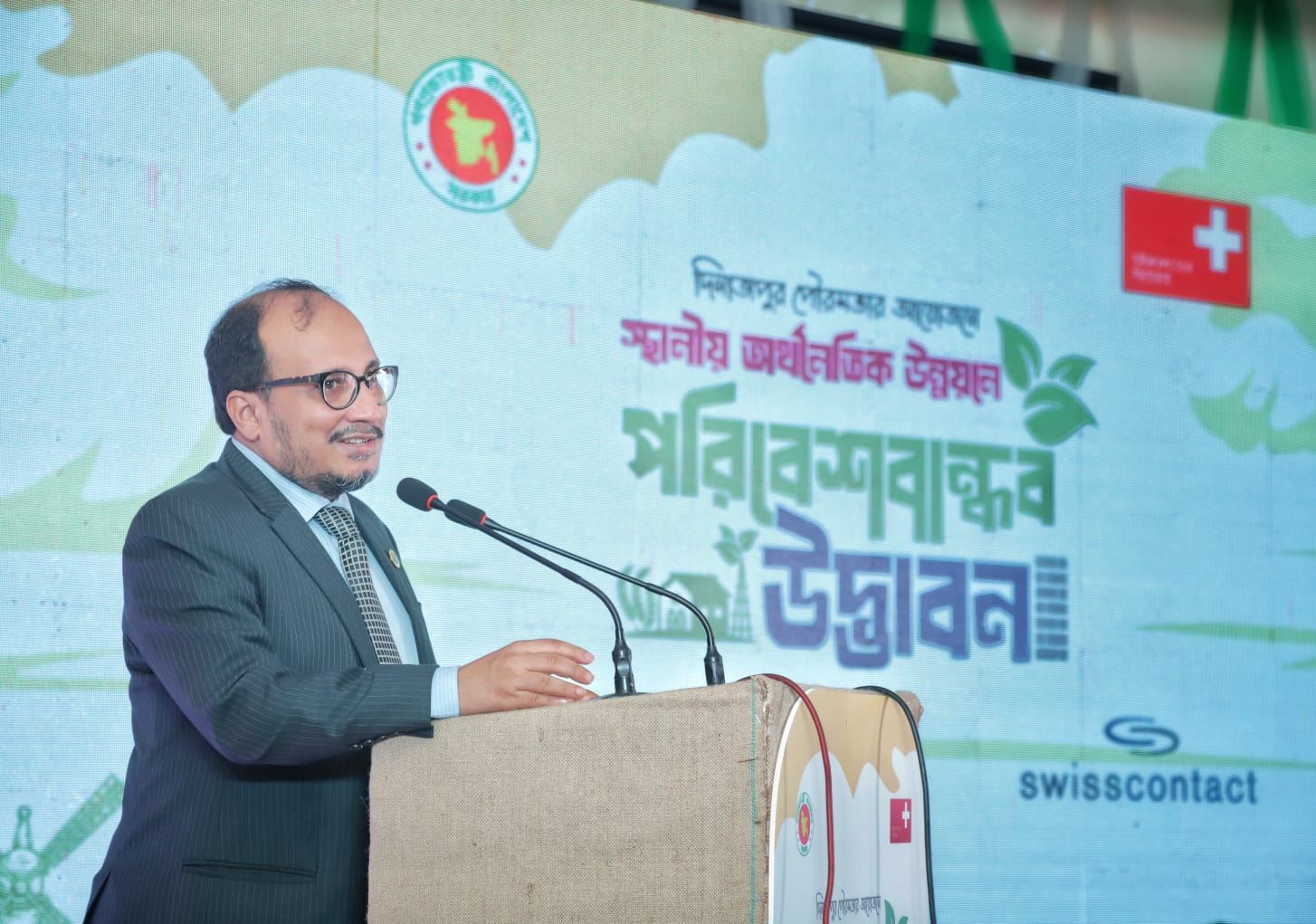
The rolling Mòcheni Valley surrounding the tiny town, the medieval Mòcheno Germanic language spoken by the valley's 1,900 inhabitants and the hardy Mòcheni people who have been living here for the past nine centuries all share their unique name and identity with the Mòcheno goat that is native to these mountains. And today, residents of this remote corner of Europe still cling fiercely to a distinct blend of Italian and Germanic culture that rings through the valley. Yet, the first time Agitu Idea Gudeta stepped foot into this Alpine setting after arriving from Ethiopia, she said it felt like home.
“I was immediately struck by the wild beauty of this place,” she said. “It’s one of the few untamed valleys here in [the] Trentino [province].” Gudeta was the proud owner of La Capra Felice (The Happy Goat), an award-winning dairy farm in Frassilongo, located 20km east of Trentino’s capital, Trento. For centuries, the Mòcheni people enjoyed a rural livelihood based on agriculture, mining and trade with the surrounding valleys. But following Italy’s post-World War Two industrialisation, many locals left their masos (Alpine farms) to look for jobs in cities. In the past 50 years, Frassilongo’s population has declined by nearly half and most of its agricultural land has been abandoned. In fact, it wasn’t until 2010 that the first new business opened in Frassilongo in 30 years: Gudeta’s “Happy Goat” farm.
Gudeta's farm is now one of the only places that appears on Google Maps when you search for Frassilongo, and people often visit the tiny town from across Trentino and nearby South Tyrol province to find Agitu’s famed products. Much like the first Mòcheni settlers who moved to the valley from southern Germany in the 12th Century, Gudeta arrived here looking for land to start life anew. Raised by a family of nomadic shepherds in Addis Ababa, she was forced to flee her home country in 2010 when the government issued a warrant for her arrest after she led local farmers to protest against government appropriation of their land. “Eighty percent of land in Ethiopia is owned by multinationals who grow export crops,” she explained. “When I heard that the government wanted to take over the little land that is left for farmers, I started to organise public protests.”
Faced with a possible jail sentence, Gudeta decided to flee. In the early 2000s, she had studied at the University of Trento for three years, and a network of local friends were able to help her settle back in Italy. It was during her studies when she first heard of the endangered Mòcheno goat: a doe-eyed creature sporting a black-and-white mantle and sabre-shaped horns that was once a common sight in Bersntol, the local name for the valley. “Goats were used by families for wool, butter and cheese,” said Leo Toller, curator at the Institute of Mòcheni Culture in the nearby town of Palù, which, along with Fierozzo, Sant’Orsola and Frassilongo is one of the four towns still inhabited by the Mòcheni people.
According to Toller, Mòcheni goats were traditionally an integral part of local life, and their grazing patterns shaped the seasonal movements of the Mòcheni people. Shepherds took the goats up to mountain pastures in summer and down to the valley during winter. But the combined impact of industrial farming and emigration after World War Two led to the abandonment of this practice. Plus, many commercial shepherds were not interested in raising Mòcheni goats because they produce less milk than other breeds. By 2005, a census reported that only seven Mòcheni goats remained and the breed was “about to be extinct”. Four years later, a group of local shepherds teamed up to create the Association of Mòcheni Goat Breeders, a non-profit organisation that has since helped to repopulate the animals, which can reproduce up to two times a year.
“When I heard that a friend of mine was involved with repopulation efforts, I decided to take on a few goats [in 2010],” Gudeta said. Having grown up surrounded by nomadic goat shepherds, she felt she could help revive the Mòcheni population and give back to her new home. Thanks to a local law that allows citizens to take on abandoned land for herding or farming, she was able to secure an 11-hectare pasture for her new collection of 15 goats. At first “Agi”, as locals called Gudeta, would wake up at 06:00 to take the goats out for four hours in the fields near Val di Gresta, 56km south-west of Frassilongo, before her shift as a barista in a cafe in the nearby town of Mori. After saving some money, she decided to relocate her flock to the Mocheni valley, in an area above Frassilongo.
According to Gudeta, most shepherds in the area had become used to raising “high-performing” goats that were kept indoors and fed artificial fodder so they would produce more milk. Luckily, the goat herding techniques she learned from her grandmother in Ethiopia proved effective in rearing this endangered Italian breed. “Nomadic shepherds never keep goats indoors and only feed them herbs found in fields,” she explained. “I avoided using man-made feed and instead took them grazing in their own indigenous environment.” Thanks to nutritious wild herbs, plenty of groundwater and the right mix of herding and rest, Gudeta’s 15 goats started to thrive. By 2012, Gudeta decided to put the mild-flavoured, soft caciotta cheese; yoghurt and other products she was making for her own consumption on the market. She studied local business laws and applied for a permit to start a dairy farm, but her ambition clashed with traditional local culture.
In an ethnically homogenous valley where labour has historically been segregated by gender, the idea of an Ethiopian woman making cheese raised a few eyebrows. “People looked at me like I was crazy,” Gudeta said. “They didn’t think a woman could be a shepherd.” After navigating the region’s bureaucratic laws, Gudeta – who not only spoke fluent Italian but also Trentino’s dialect – was able to obtain the required permits to run her farm. With a budget of €200 and the help of an intern, she started making cheese in the basement of Frassilongo’s former kindergarten, which had been vacant for years due to a lack of pupils.
Forced to flee her home, an Ethiopian shepherd made award winning Italian cheese






0 Comments